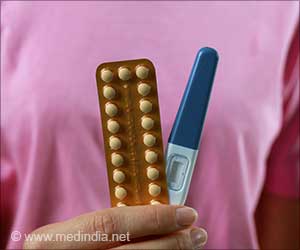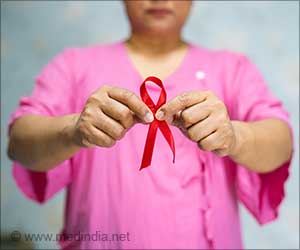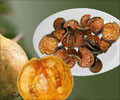A recent study suggests that N-acetylcysteine, an antioxidant may help combat resistance against breast cancer.
- Breast cancer affects the lives of millions of women worldwide
- The issue with treating advanced breast cancer is that it becomes resistant to medication
- A recent study //shows that N-acetylcysteine, an antioxidant and dietary supplement can help fight the resistance
While this news sounds quite grim, there might be hope. Researchers at the Department of Biomedicine of the University of Basel have now discovered that the loss of the neurofibromin 1 (NF1) gene leads to a reduced response to alpelisib .
The study also found that the dietary supplement N-acetylcysteine restores the sensitivity of cancer cells to this treatment. The findings have been published in the journal Cell Reports Medicine.
Currently, patients with advanced and metastatic breast cancer lack effective treatment options. The PI3K signaling pathway is often overactive in breast cancer due to mutations that promote tumor development. The approval of the PI3K inhibitor Alpelisib was therefore quite important.
"Unfortunately, it turned out that the success of the medication is severely limited by resistance," says Professor Mohamed Bentires-Alj, head of the research group. "Hence, we urgently need to find out more about how resistance arises."
Loss of NF1 Could be the Culprit Behind Drug Resistance
Researchers started looking for the genetic basis of the resistance—in other words, trying to find out which genes had changed to turn cancer cells resistant. They found that mutations that switched off the production of the NF1 protein made the tumors resistant to treatment with alpelisib.NF1 suppresses the growth of tumors through a variety of signaling pathways, but the gene has not yet been linked to resistance to alpelisib.
An analysis shows that the loss of NF1 affects the cell's energy reserves: "They stop producing as much energy using mitochondria; instead, they switch to other energy production pathways," says the lead author of the study, Dr. Priska Auf der Maur.
N-acetylcysteine Could be the Ray of Hope
Given these changes, the researchers conducted experiments with a known antioxidant N-acetylcysteine, which has a similar effect on energy metabolism and therefore was expected to imitate the effects of NF1 loss. This substance is a well-known dietary supplement, as well as an ingredient in many cough medicines.In fact, it increased it. This occurs via an additional intervention in another signaling pathway that also plays an important role in tumor growth, as the researchers discovered through further analysis. Interestingly, the loss of NF1 also plays a role in resistance to other medications. Combination therapy with N-acetylcysteine could also be a possibility in these cases.
"As N-acetylcysteine is a safe and widespread additive, this result is highly relevant for clinical research," says Bentires-Alj. He thinks that a combination of N-acetylcysteine with alpelisib could improve the treatment of advanced breast cancer. The next step would now be to run clinical studies with breast cancer patients to confirm the positive effects observed in the lab.
Reference:
- N-acetylcysteine overcomes NF1 loss-driven resistance to PI3Kƒ¿ inhibition in breast cancer - (https://www.cell.com/cell-reports-medicine/fulltext/S2666-3791(23)00112-X?_returnURL=https)
Source-Medindia
















